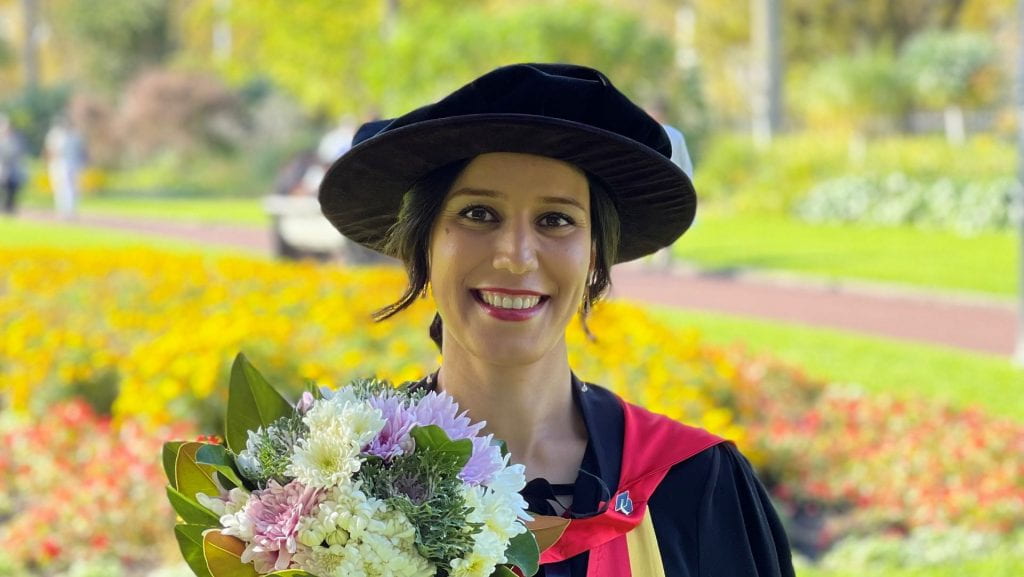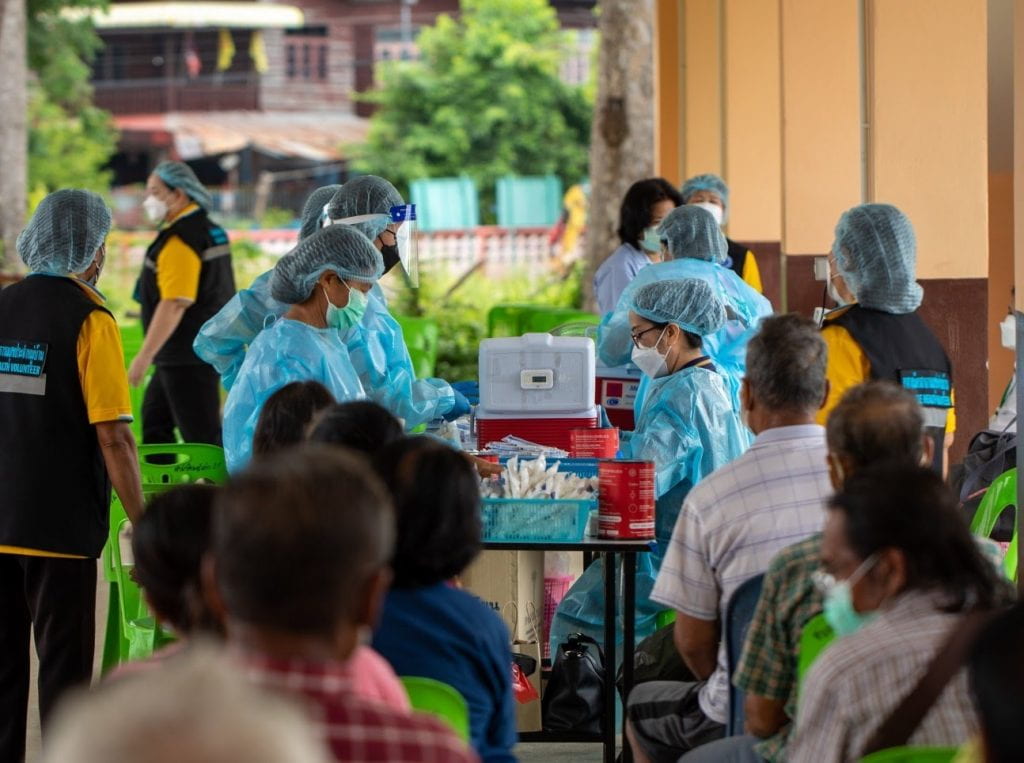Dr Gohar Gholamibozanjani
During her PhD, she published 6 scientific papers in highly cited journals, followed by a paper in food processing during the time of being research assistant. She also was a co-author of a book entitled “Thermal Energy Storage with Phase Change Materials: Research Contributions of Professor Mohammed Mehdi Farid in Four Decades”.
Recently, Gohar started a position as an energy consultant at Energy NZ. Their services cover all aspects of energy supply, energy consumption, operational and process efficiency, and new facility design to make other business more productive and sustainable.
Dr Mazdak Rasapour
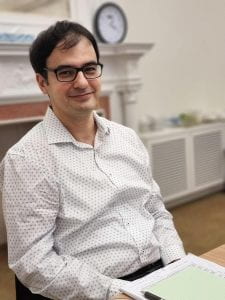
Thesis title: Improving Landfill Methanogenesis efficiency using Chemical Additives
Supervisor: Associate Professor Saeid Baroutian
Co-supervisors: Professor Brent Young, Dr Wei-Qin Zuang, Dr Ajit Sarmah
Dr Mazdak Rasapour completed his PhD research on developing new methods to improve landfill gas (LFG) production and recovery. Through laboratory investigations and field study at Hampton Downs landfill site, Mazdak developed a new method of LFG improvement using neutral red and biochar additives and compost leachate injection. This method is now adopted by EnviroNZ in their Hampton Downs Power and Resource Recovery Centre. The results of Mazdak’s PhD research helped EnviroNZ to maximise gas extraction from residual waste and capture it through an innovative approach.
Mazdak is now working at EnviroNZ’s Hampton Downs Power and Resource Recovery Centre as an Energy Optimisation Manager.
Noor Alsaud
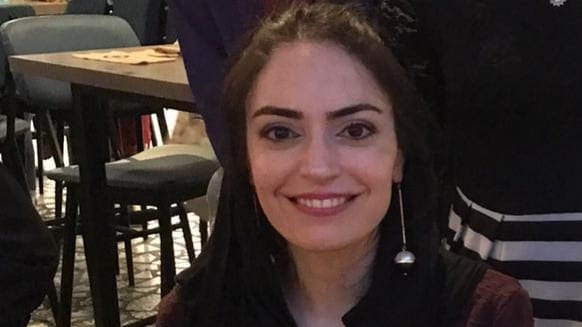
Congratulations to Noor Alsaud for successfully passing her oral exam for her PhD in October.
PhD Title: Extraction of bioactive compounds from New Zealand Manuka leaves (Leptospermum scoparium) using emerging technologies
Supervisor: Professor Mohammed Farid
Co-Supervisors: Associate Professor Saeid Baroutian (Joint Main Supervisor) and Dr Kaveh Shahbaz
Junzhi (Jason) Ye

Chemmat Alumni (2014-2018)
Junzhi (Jason) Ye is presently studying for his PhD at Cambridge University in England, UK.
Professor Wei Gao was Jason’s final year research project supervisor at CHEMMAT, and we still keep in contact and collaborate with him. Prof Gao’s PhD student, Ting Zhang recently made some black titanium oxide samples for Jason.
We congratulate Jason for his lead in the article published in Angewandte Chemie (March 17, 2021), Titled: “Defect Passivation in Lead-Halide Perovskite Nanocrystals and Thin Films: Toward Efficient LEDs and Solar cells” Authors: Junzhi Ye,Dr. Mahdi Malekshahi Byranvand,Clara Otero Martínez,Dr. Robert L. Z. Hoye,Dr. Michael Saliba,Dr. Lakshminarayana Polavarapu
ABSTRACT: Despite the defect-tolerance of lead-halide perovskites, defects at the surface of colloidal nanocrystals and grain boundaries in thin films play a critical role in charge-carrier transport and nonradiative recombination, which lowers the photoluminescence quantum yields, device efficiency, and stability. This Review summarizes the defects, their influence on the optical and charge-carrier transport properties, and passivation strategies to mitigate the effects of defects.
Sarah Blyde
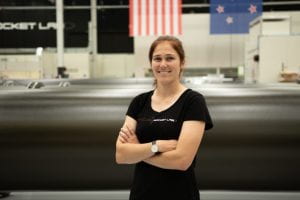
Chemmat Alumni (2011-2015)
After starting her career in Western Australia, Sarah Blyde completed a masters degree in space studies in France, before returning to New Zealand where she now works at Rocket Lab as a project engineer.
Dr Robert Hoye
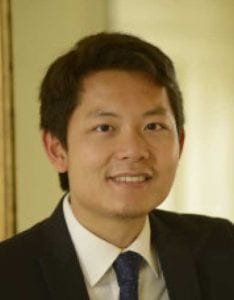
CHEMMAT Alumni (2008-2011)
Researcher and Assistant Professor at the Materials Department at Imperial College, London
Our own Dr Robert Hoye is going to be unstoppable!
Most vaccines, like the ones currently available for COVID-19, are biologically derived, which means they must be stored at low or very low temperatures throughout the supply and distribution chain. Without this system of refrigerators and freezers, known as the ‘cold chain’, vaccines could become less effective and less safe.
In addition, Robert was awarded the Rosenhain Medal and Prize by IOM3!

The Rosenhain Medal & Prize is presented in recognition of distinguished achievement in any branch of materials science, with preference given to nominees in their early career.
In addition to being a Lecturer in the Department of Materials at Imperial College, Dr Hoye also leads a research group developing sustainable semiconductors that can cleanly convert energy between light and electricity, which includes photovoltaics and light-emitting diodes.
A key highlight is their development of nontoxic materials that can tolerate imperfections to achieve efficient performance when made using cost-effective methods with low carbon footprint. The group are using these materials as solar cells on top of silicon photovoltaics to boost efficiencies, as well as using the devices indoors to harvest energy to power battery-less autonomous smart devices.
Commenting on the award, Dr Hoye said: “I am greatly honoured to receive this medal, particularly given the high calibre of previous awardees. Success doesn’t happen in isolation, and I am grateful for the tremendous support I’ve received from colleagues in the Department and across College.”
Professor Wei Gao was Robert’s final year research project supervisor.
Hayden Porter

CHEMMAT Alumni (2010-2013)
Q&A: Talking with Hayden Porter, Water and Wastewater Process Engineer | Jacobs
Sarah Bacon
CHEMMAT Alumni (2009-2012)
Beca helping clients navigate the unfamiliar road to sustainability
Sarah Bacon works as an associate industrial sustainability consultant at Beca.
Stewart Hamilton

CHEMMAT Alumni (2005-2008), MBA from the University of Melbourne
Stewart Hamilton is currently Mercury Energy, General Manager – Operations. He was previously General Manager of New Zealand Aluminium Smelters, Tiwai Point.
Gaining ground – new tech protects environment, delivers more power
Heidi Edwards

CHEMMAT Alumni (2002-2005)
Congratulations Heidi Edwards on your recent promotion to GM Research, Development & Technology at Rio Tinto!
Dr Thomas Hyde
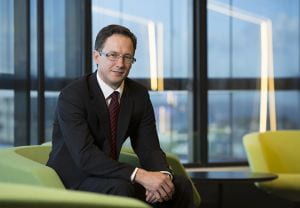
CHEMMAT graduate (1988-1992) and Cambridge PhD
Dr Thomas Hyde is now a director at BECA.
Seeing double: Why New Zealand needs a digital twin
Steve Hodgson

CHEMMAT Alumni (1985-1987)
RUSAL discloses sustainability data for new digital LMEpassport
Steve Hodgson is the Director of Sales and Marketing at RUSAL, Zurich Switzerland.
Mark Pattenden

CHEMMAT Alumni (1981-1984)
Mitsubishi Corporation and Shell sign MOU to collaborate on hydrogen plans in Alberta
Shell and Silicon Ranch to build solar project in Canada
